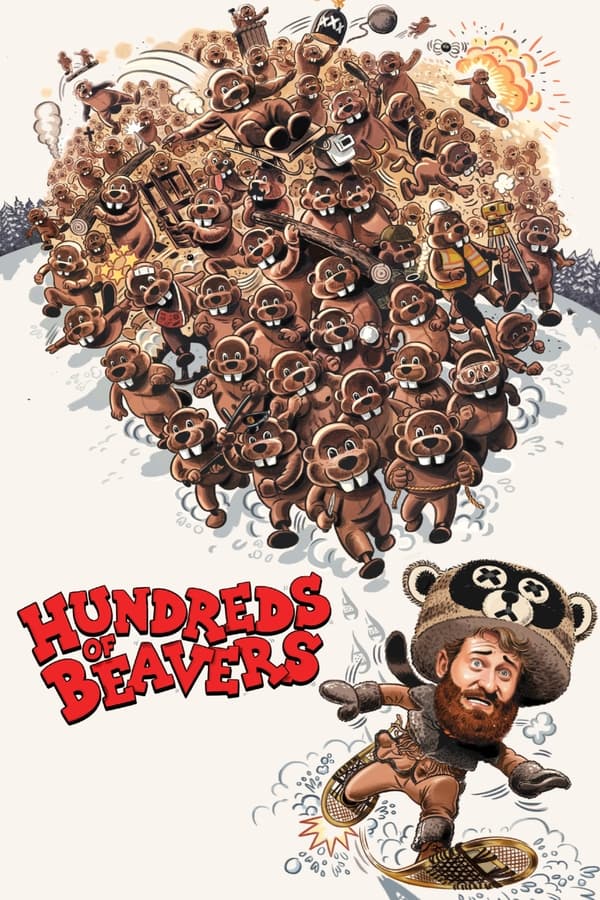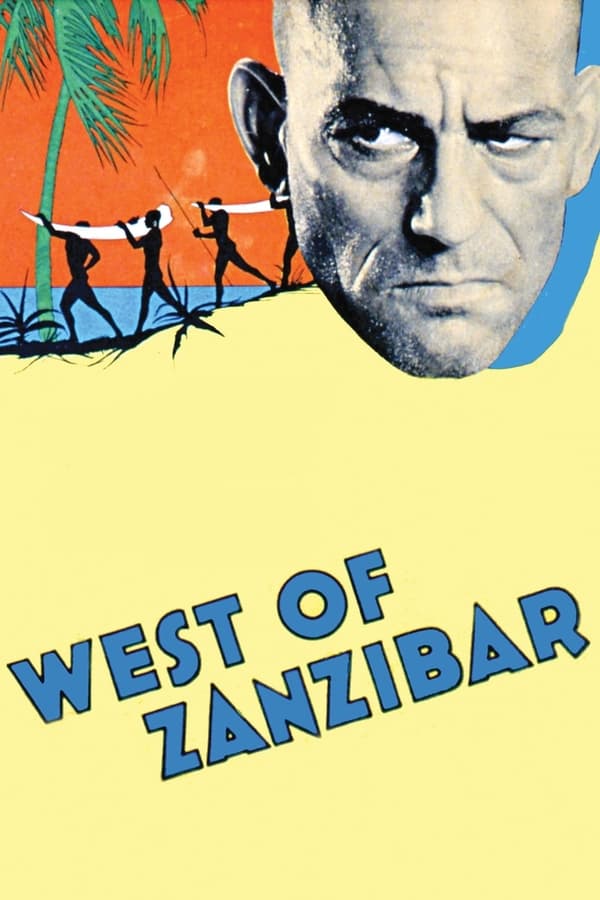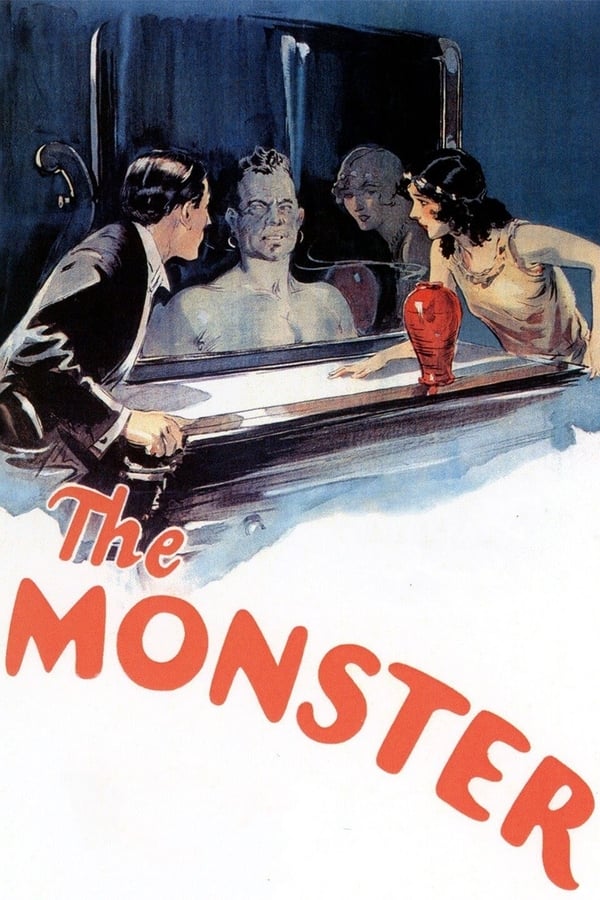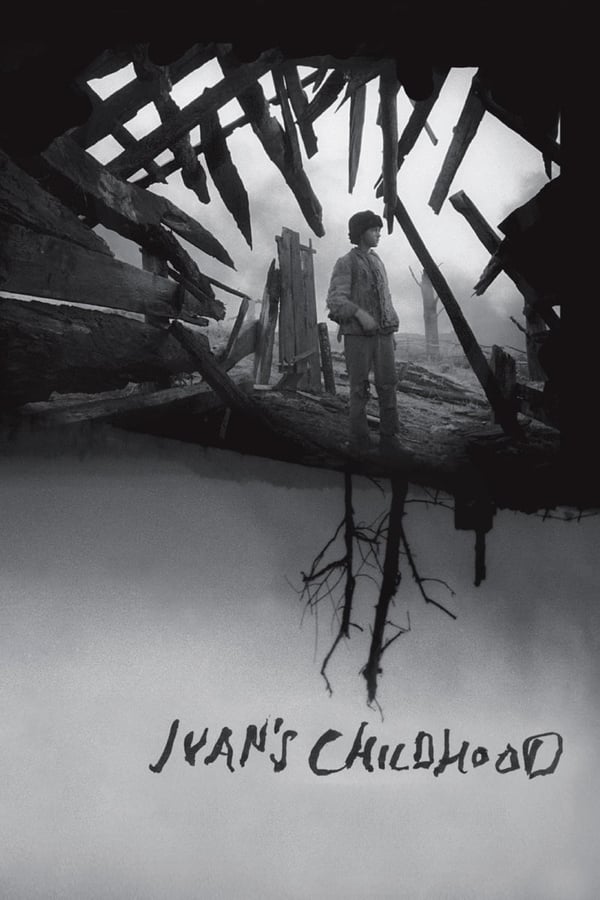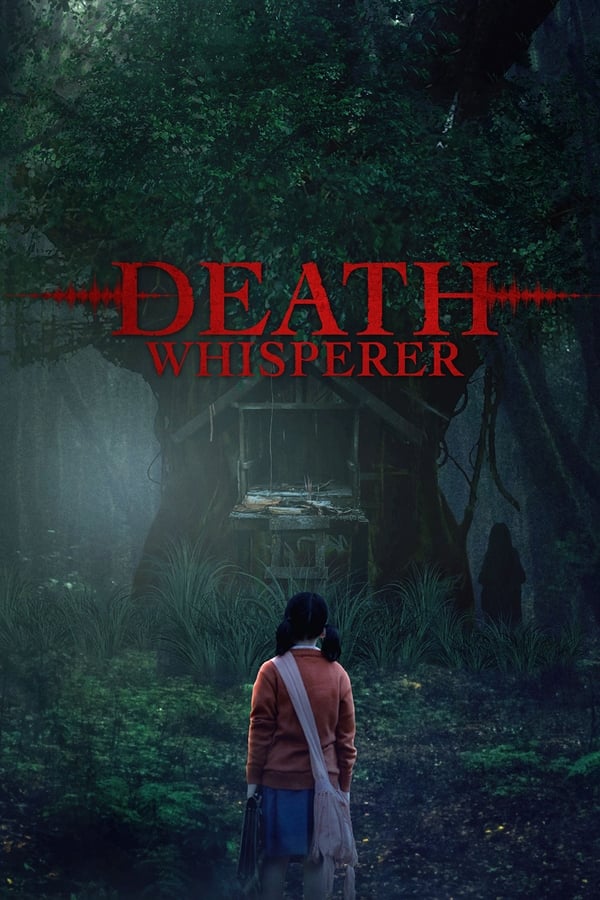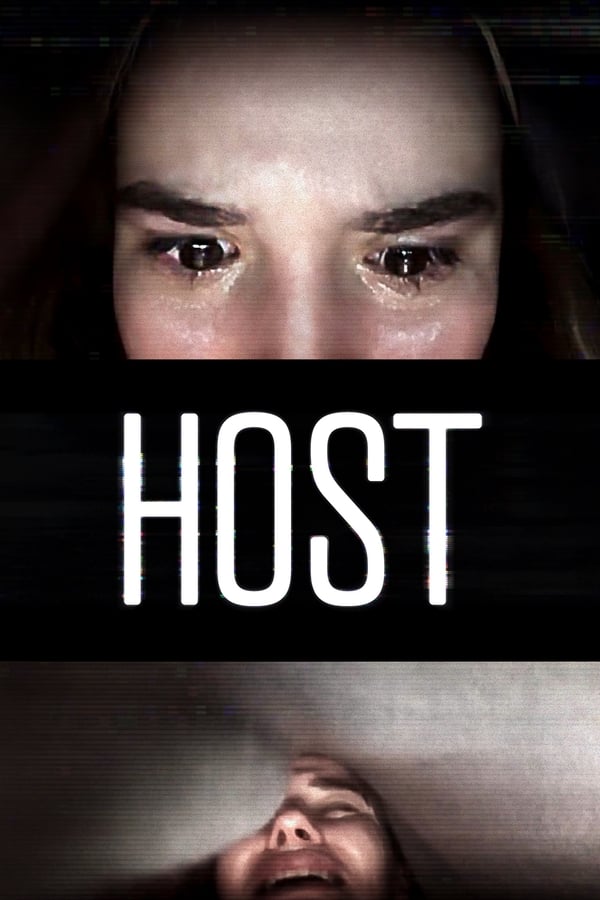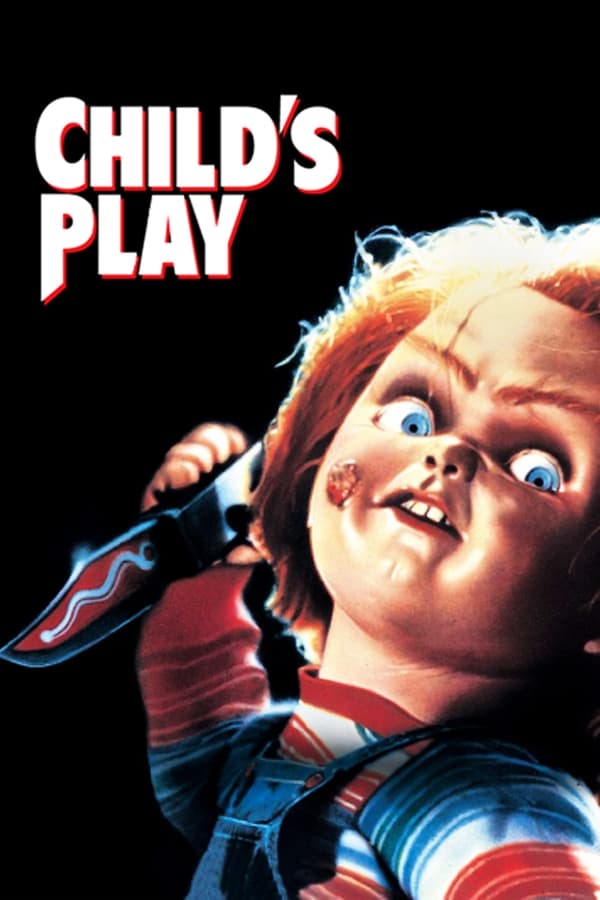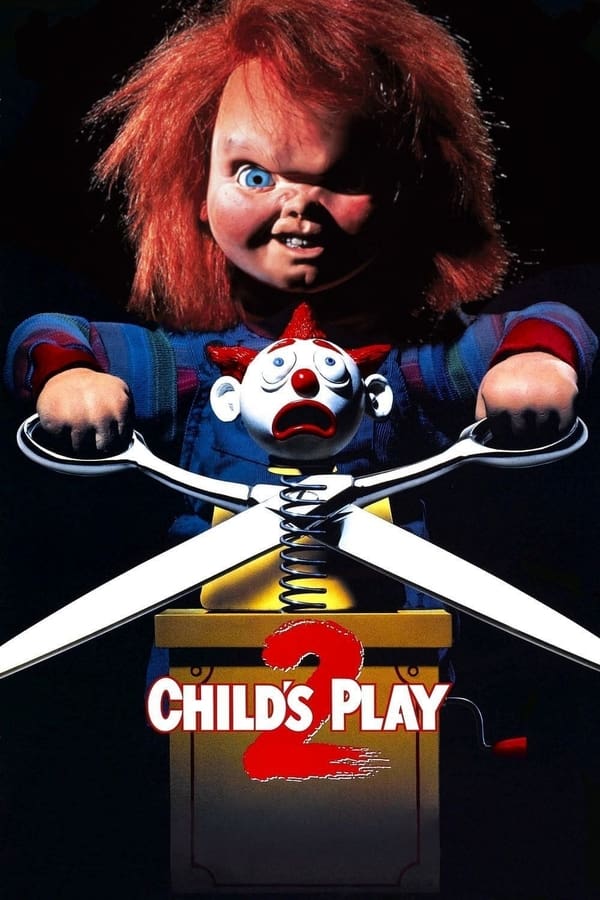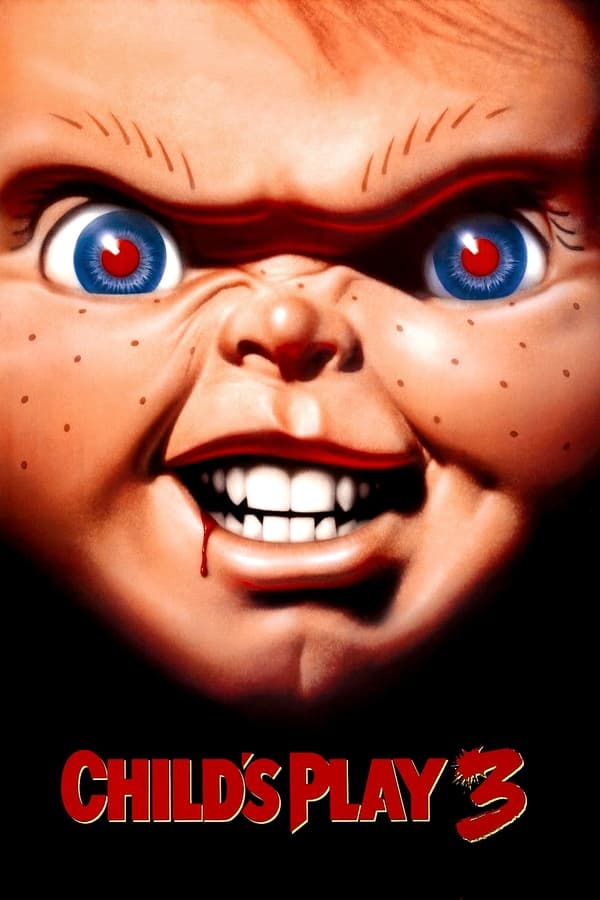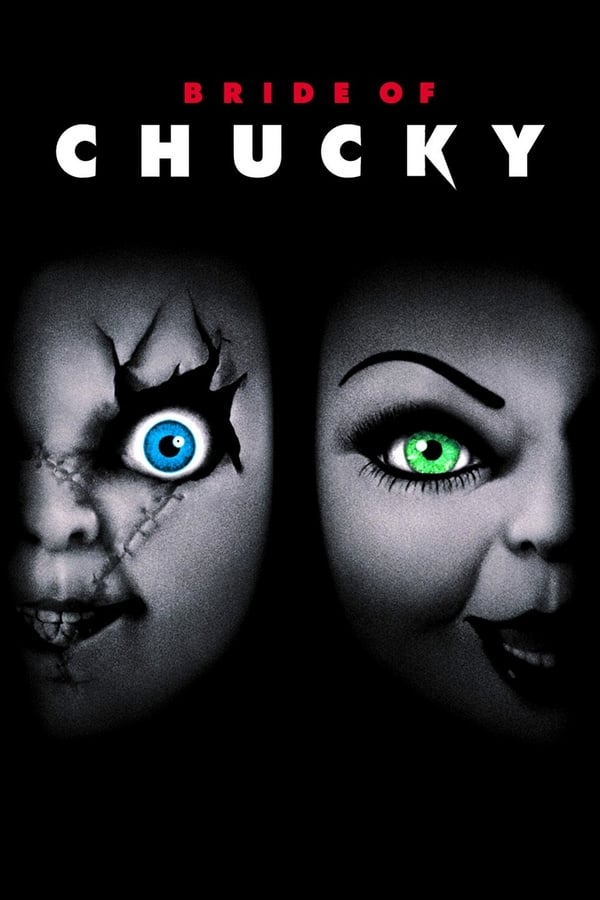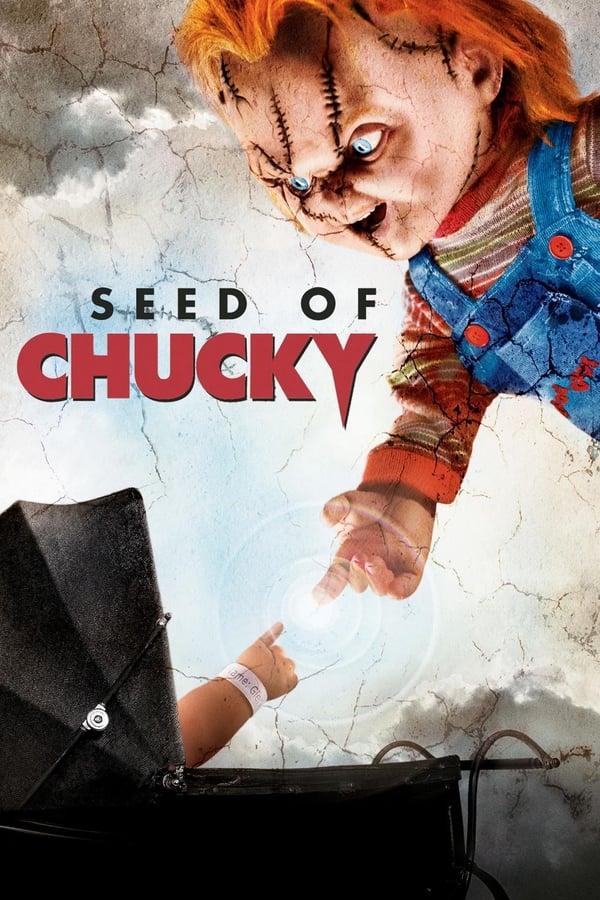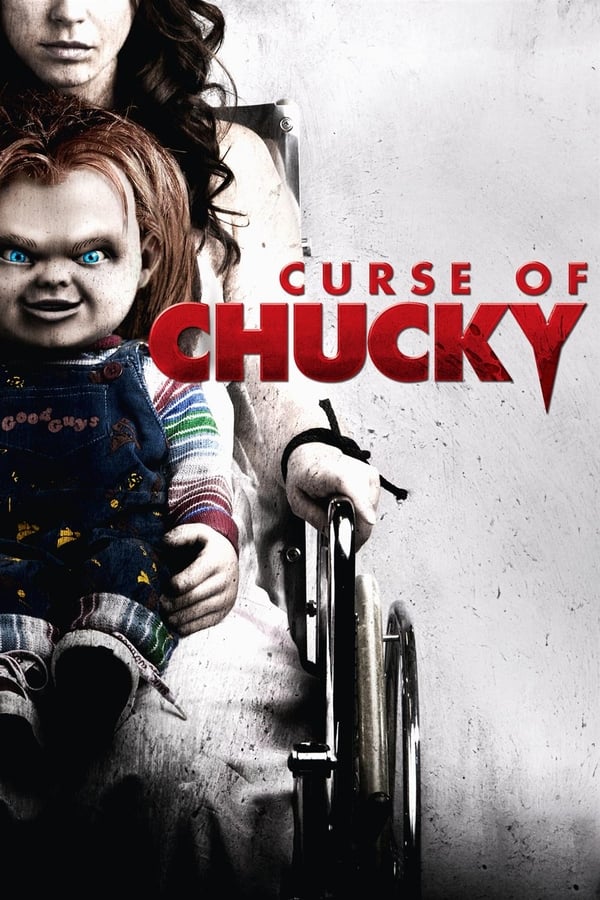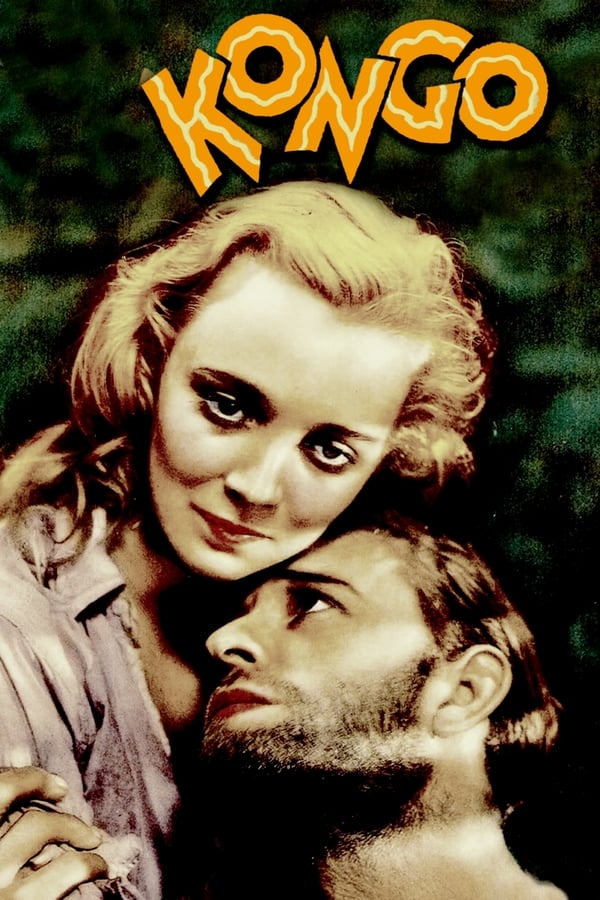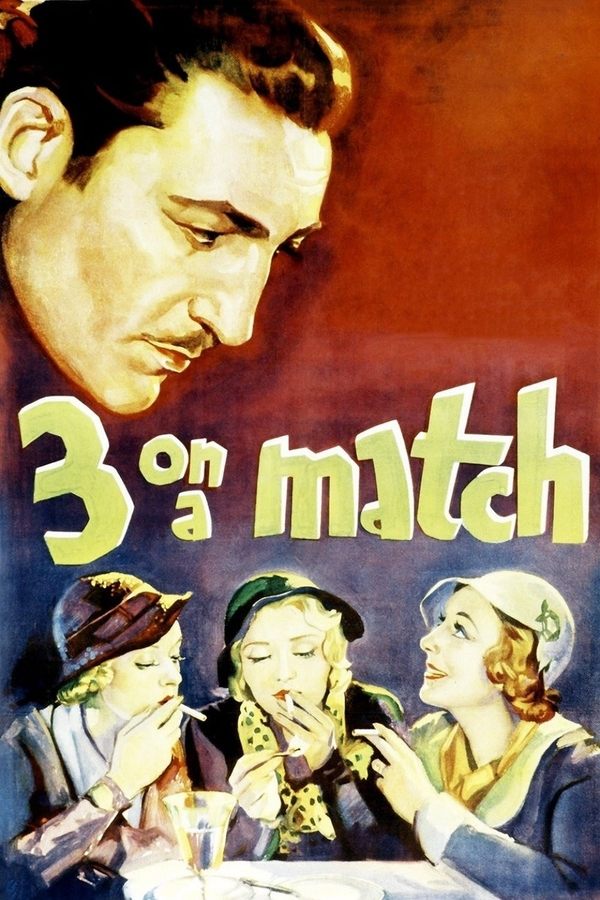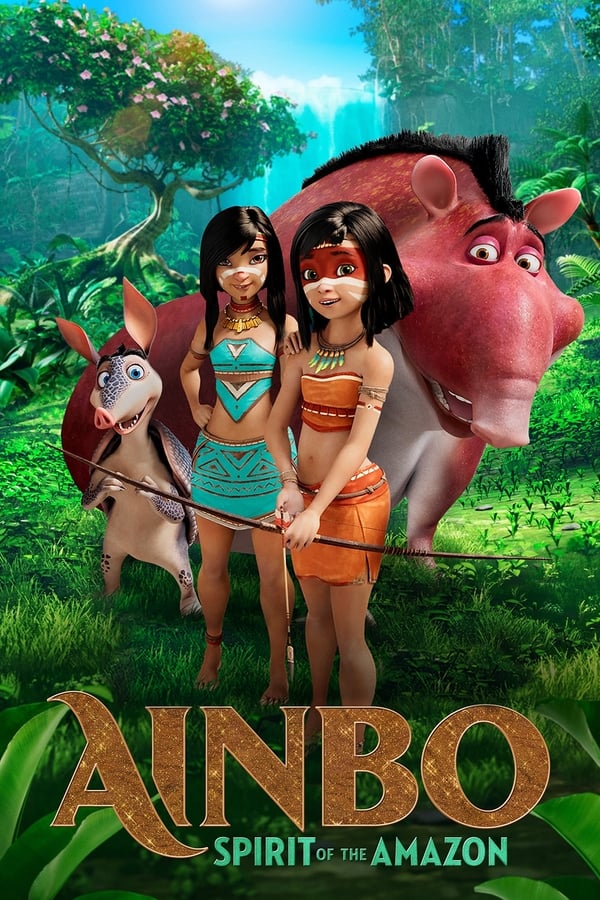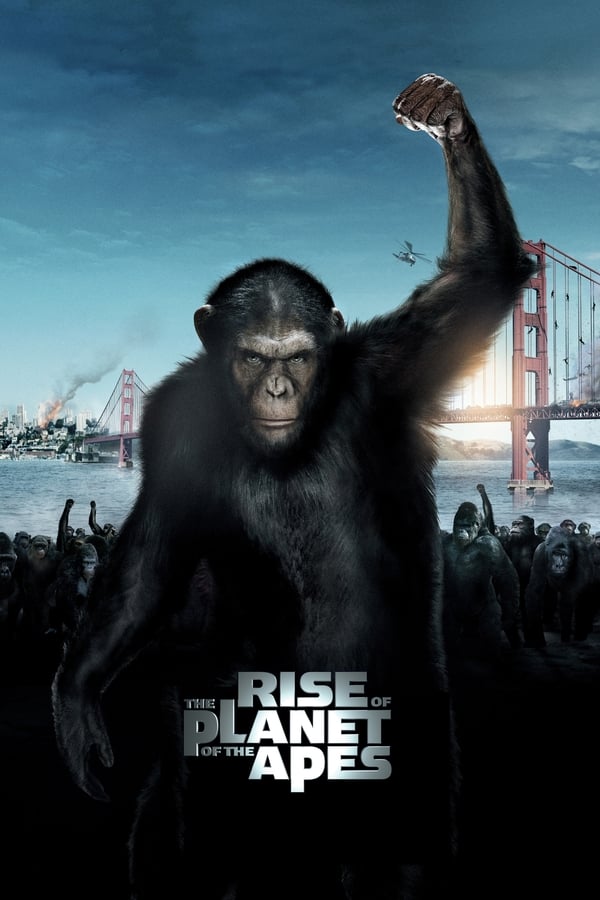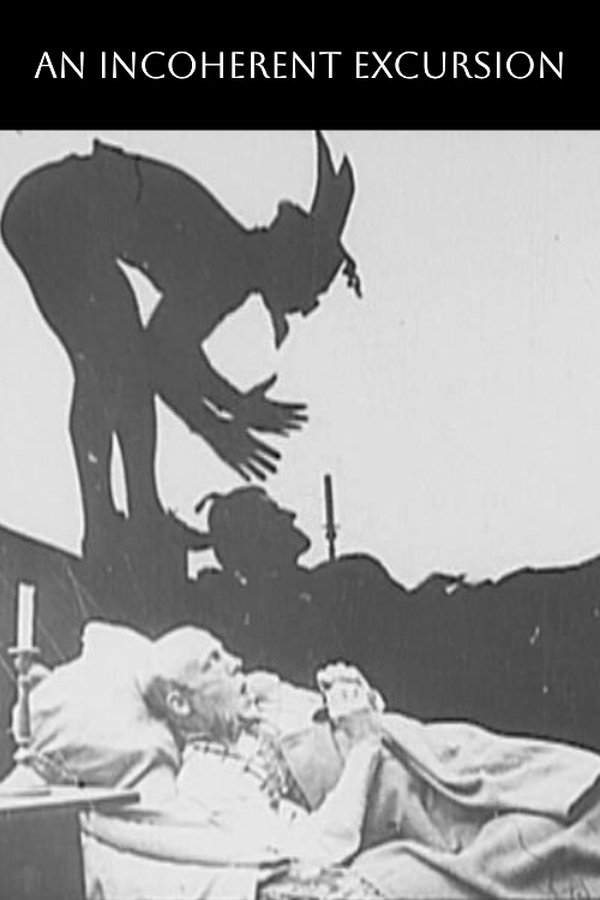HUNDREDS OF BEAVERS
(2022, Cheslik)
A film with a budget of less than $500,000 • A film with a title that starts with the letters G or H

(2022, Cheslik)
A film with a budget of less than $500,000 • A film with a title that starts with the letters G or H

"---"
That's more or less the extent of dialogue you will get from Hundreds of Beavers, but also my speechless, baffled reaction as I saw it. The film is a low budget curiosity directed by Mike Cheslik and written by Cheslik and Ryland Brickson Cole Tews, who also stars in the lead role. He plays Jean Kayak, an applejack salesman whose farm is destroyed by a group of beavers, leaving him homeless in the cold of winter. So he does what every sane applejack salesman who has been shafted by beavers would do, which is to set out to get rid of them; all hundreds of them, while also trying to win the hand of a storeowner's daughter... Yeah.
This film came to my attention thanks to the glory of social media "marketing". Not necessarily the official marketing, but the word of mouth on Twitter was all over, so I decided to give it a shot. The film is described as a slapstick comedy, but in reality, it's more of a crazy mixture of classic silent film and Looney Tunes slapstick, with a dose of video game mechanics. All in all, a zany and funny hodgepodge of comedy with a unique and clear style, but the best thing is that it works!
The film has a lot of pros. First, the physical comedy from the cast, but specially Cole, is on point while most of the running jokes and visual gags work. Second, the overall aesthetics of the film, as far as set direction and props elevates the film by fully acknowledging what it is, instead of trying to hide it. Third, the whole visual style and the efforts to transmit that "silent film" vibe also contributes to a general vibe from the film that is consistent from start to finish.
That's not to say the film is perfect. First of all, not all jokes land, though most do, but second and most important, I think that the film does goes on for too long. Considering what they were going for, I think that 108 minutes was too long. I do admire the efforts of Cheslik and Cole Tews to try to gradually change things up as the plot progresses, but I think that an 80 minutes (or less) runtime would've worked better for the film. Still, that really doesn't take much from what was ultimately a very creative, very unique experience. I don't know if you'll be left speechless, but I'm sure you'll be laughing.
Grade:
__________________
Last edited by Thief; 06-13-24 at 08:11 PM.
 Check out my podcast:
Check out my podcast: 
